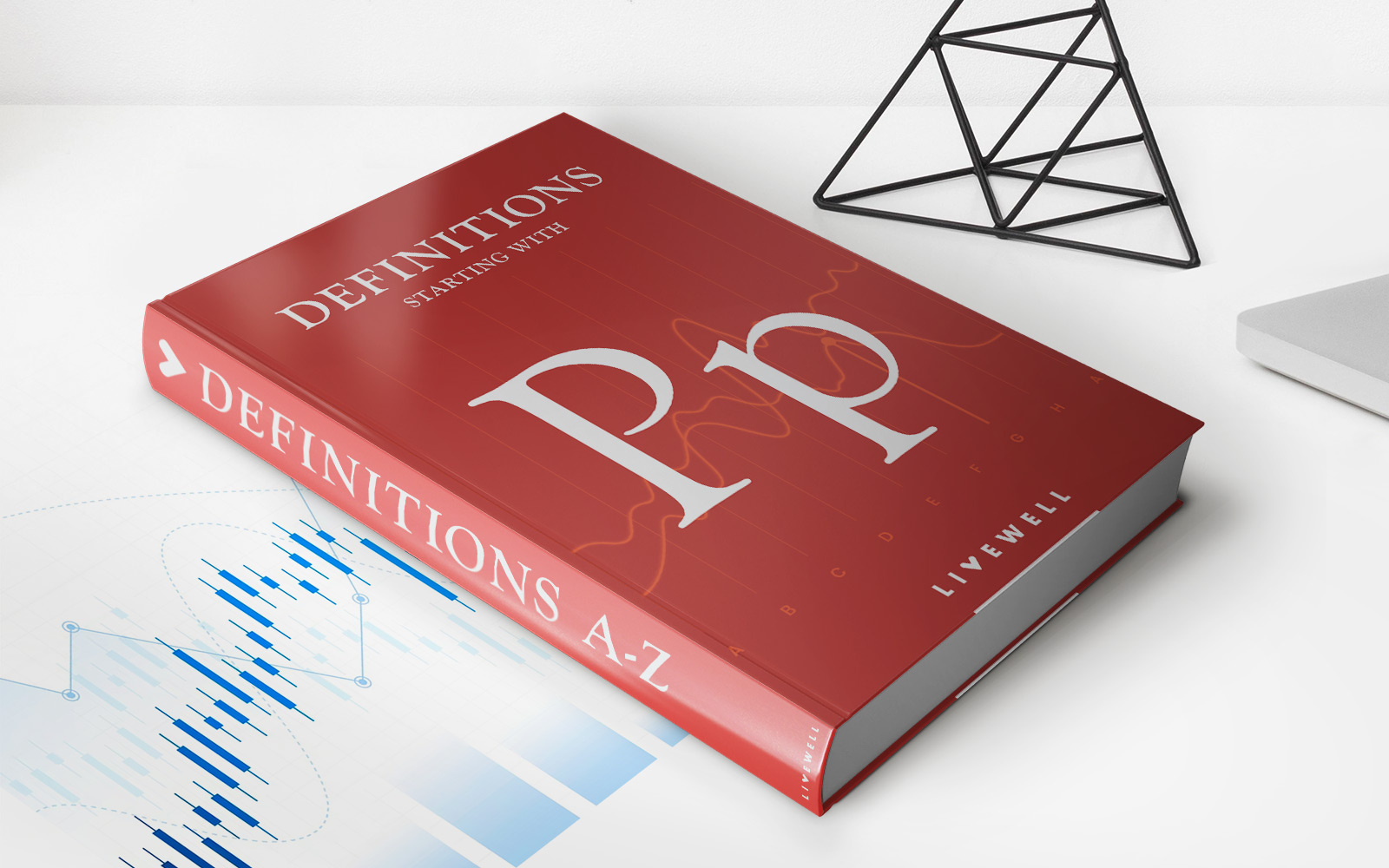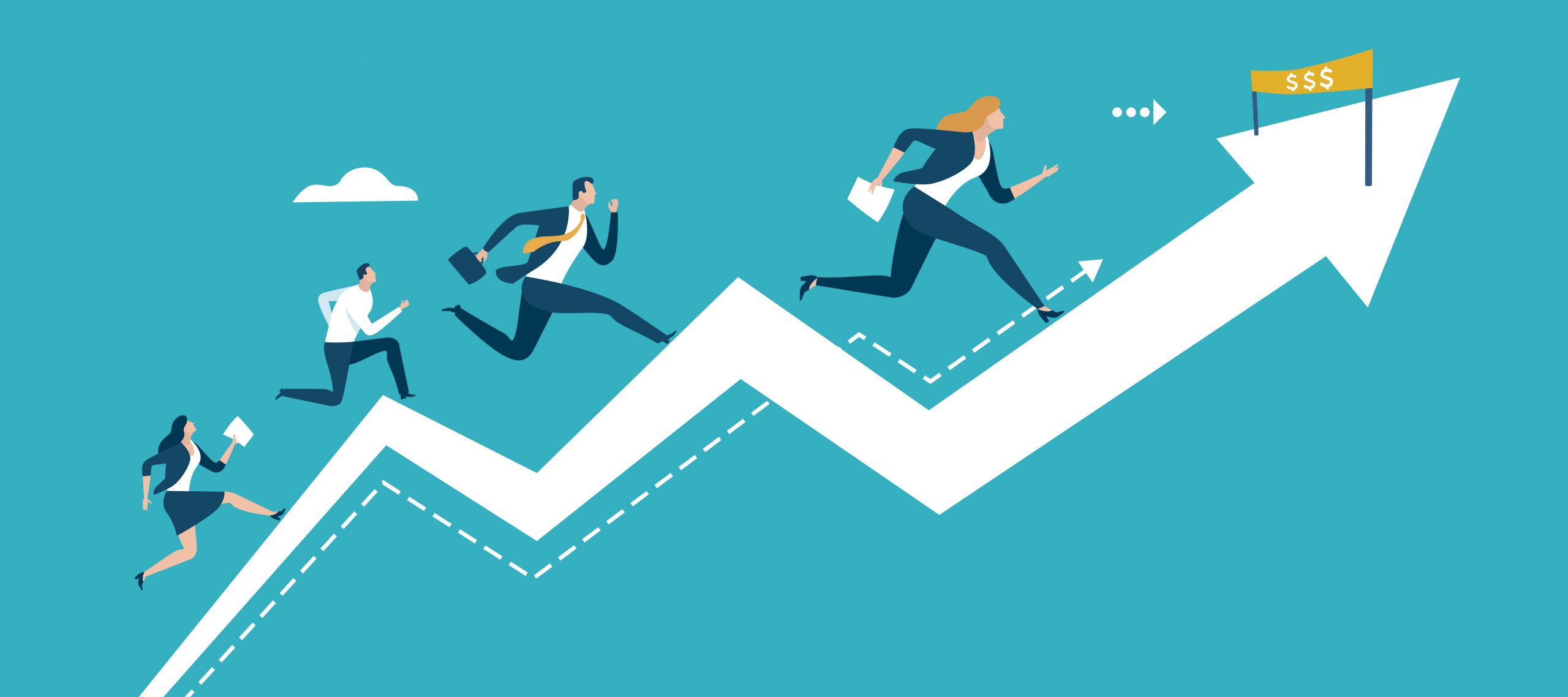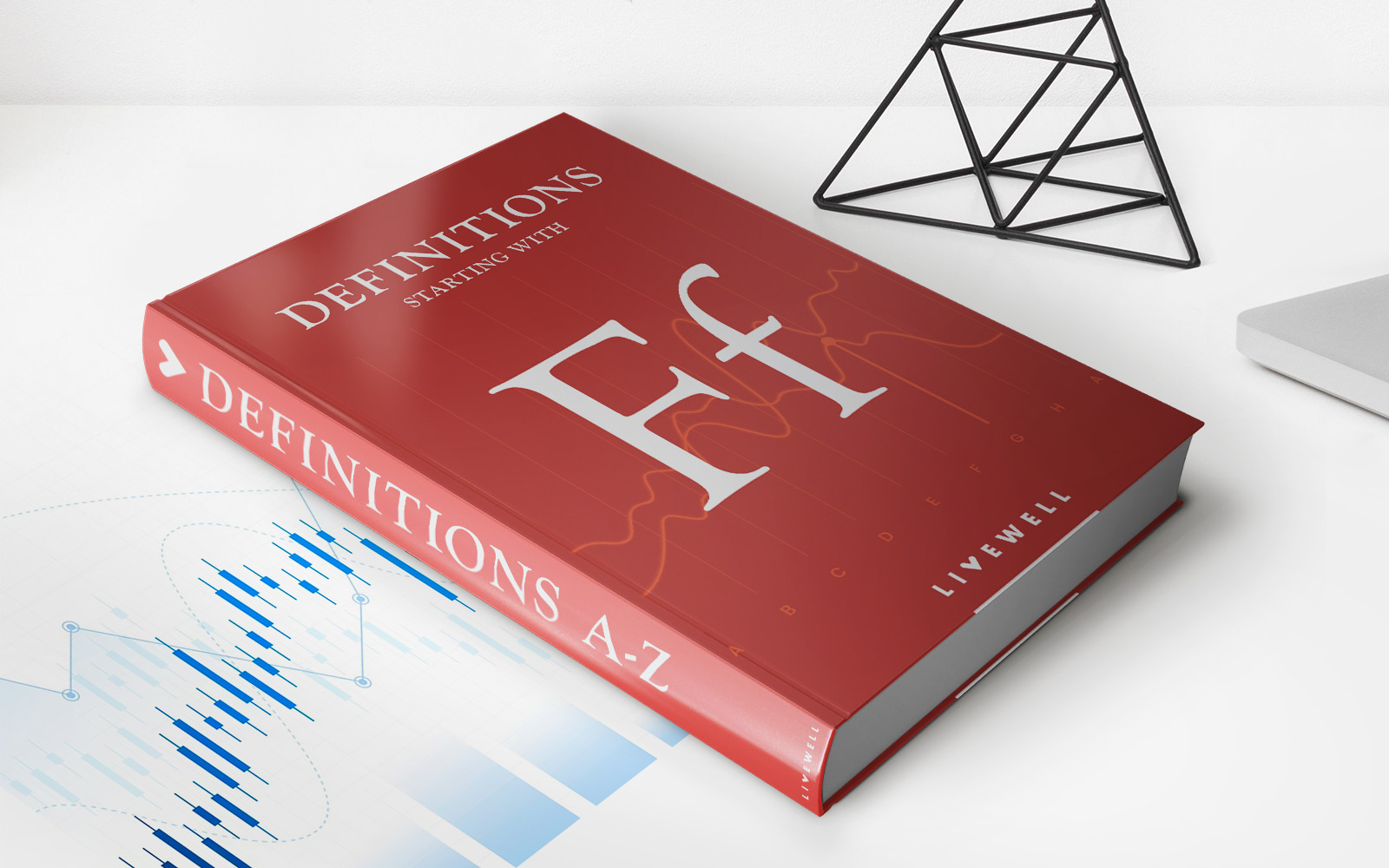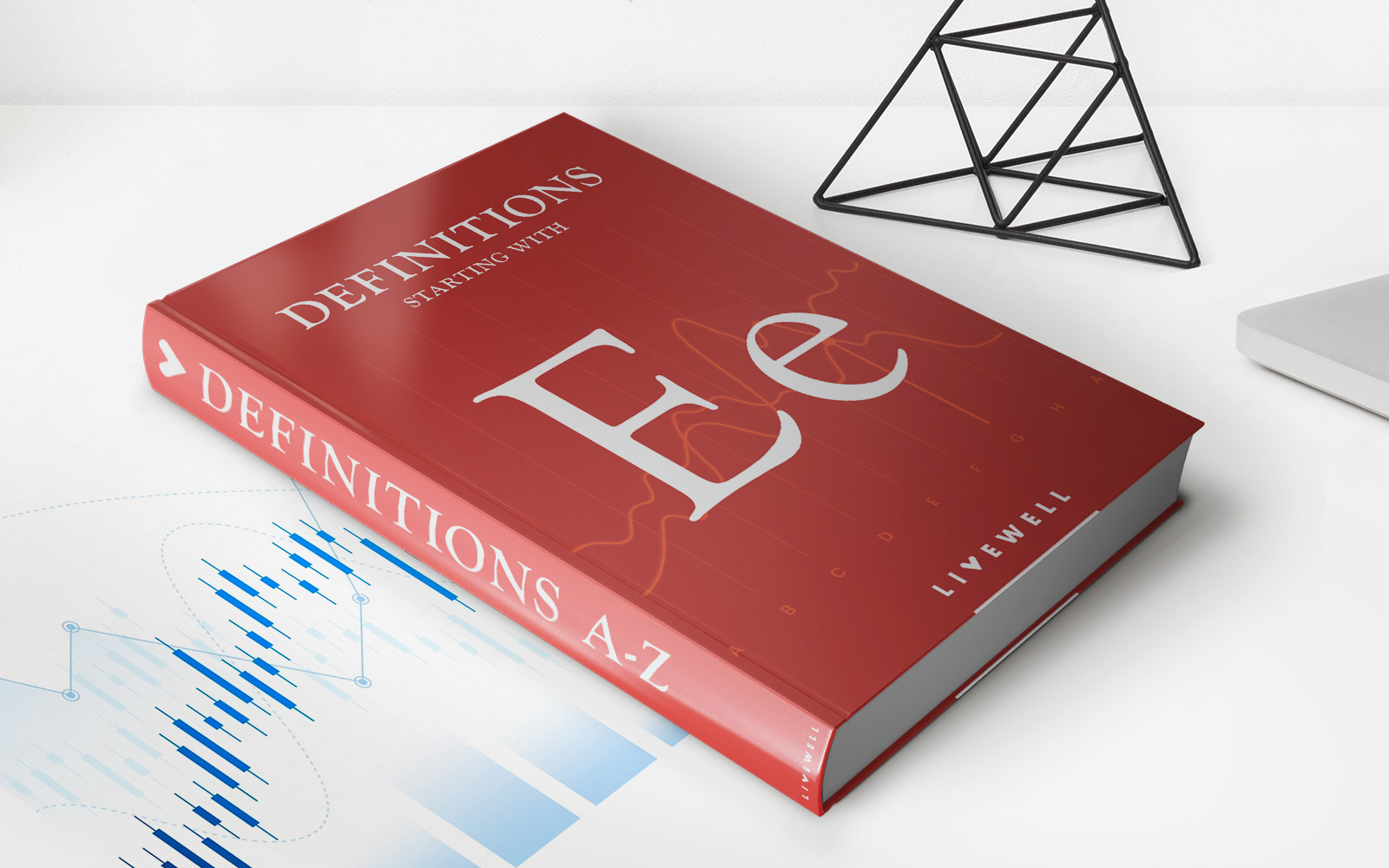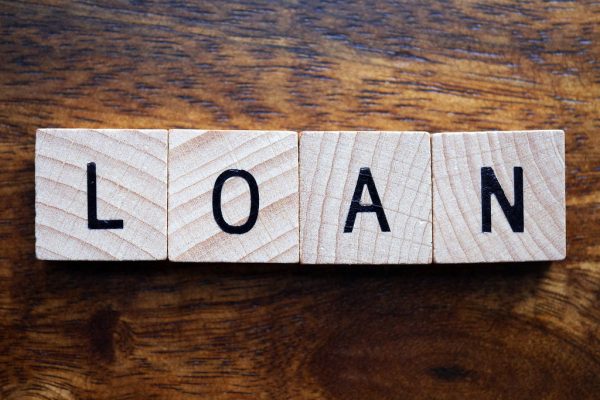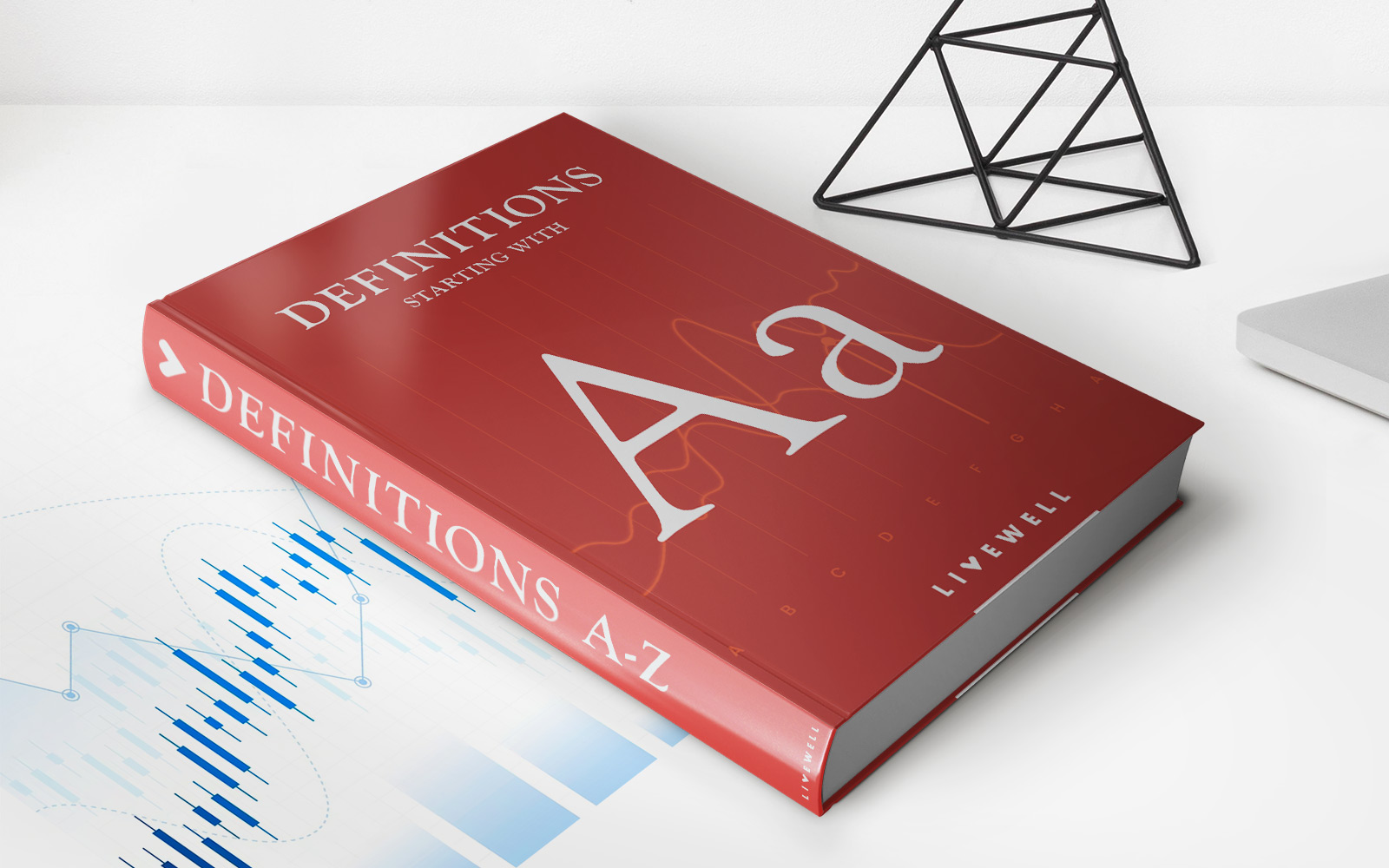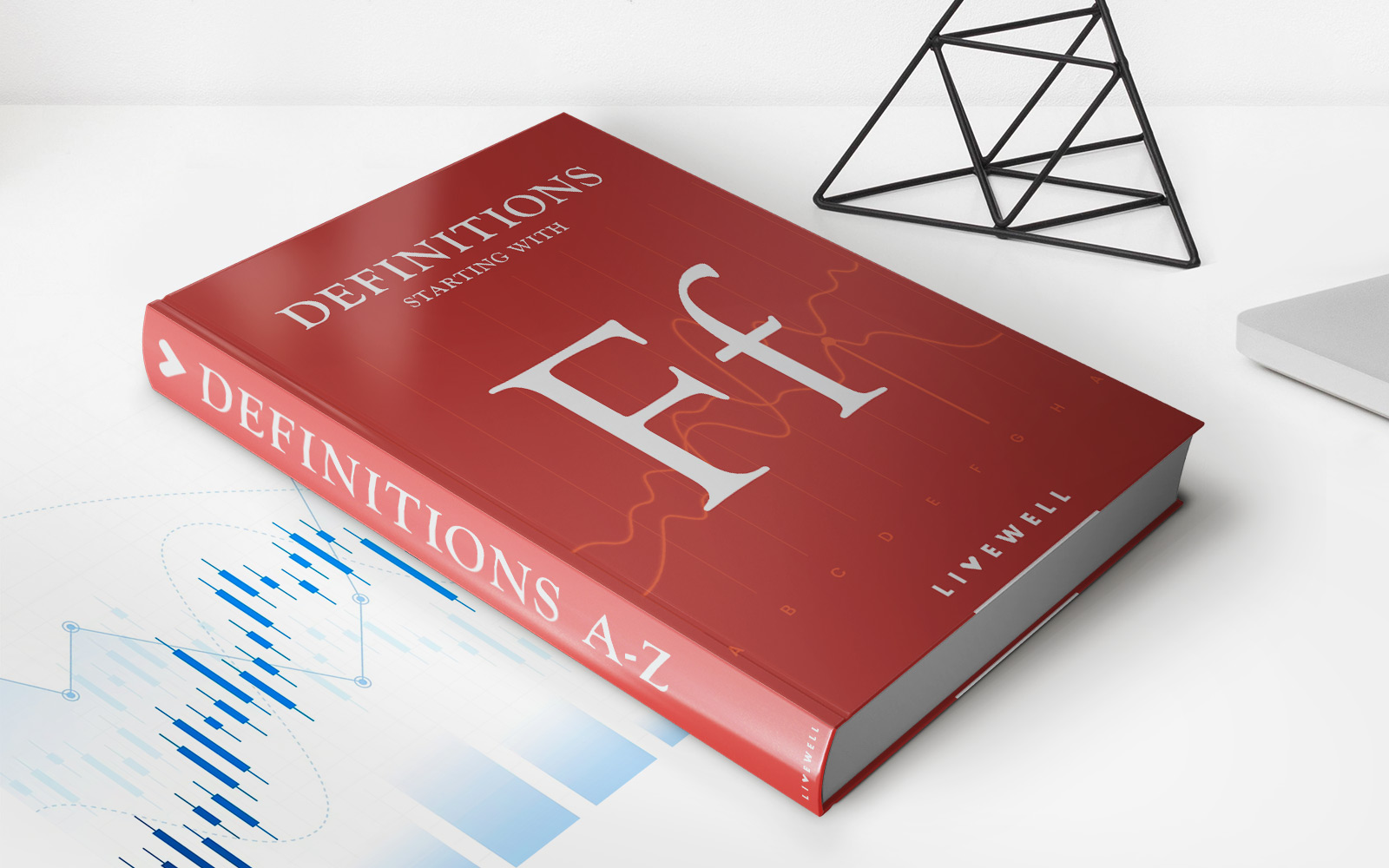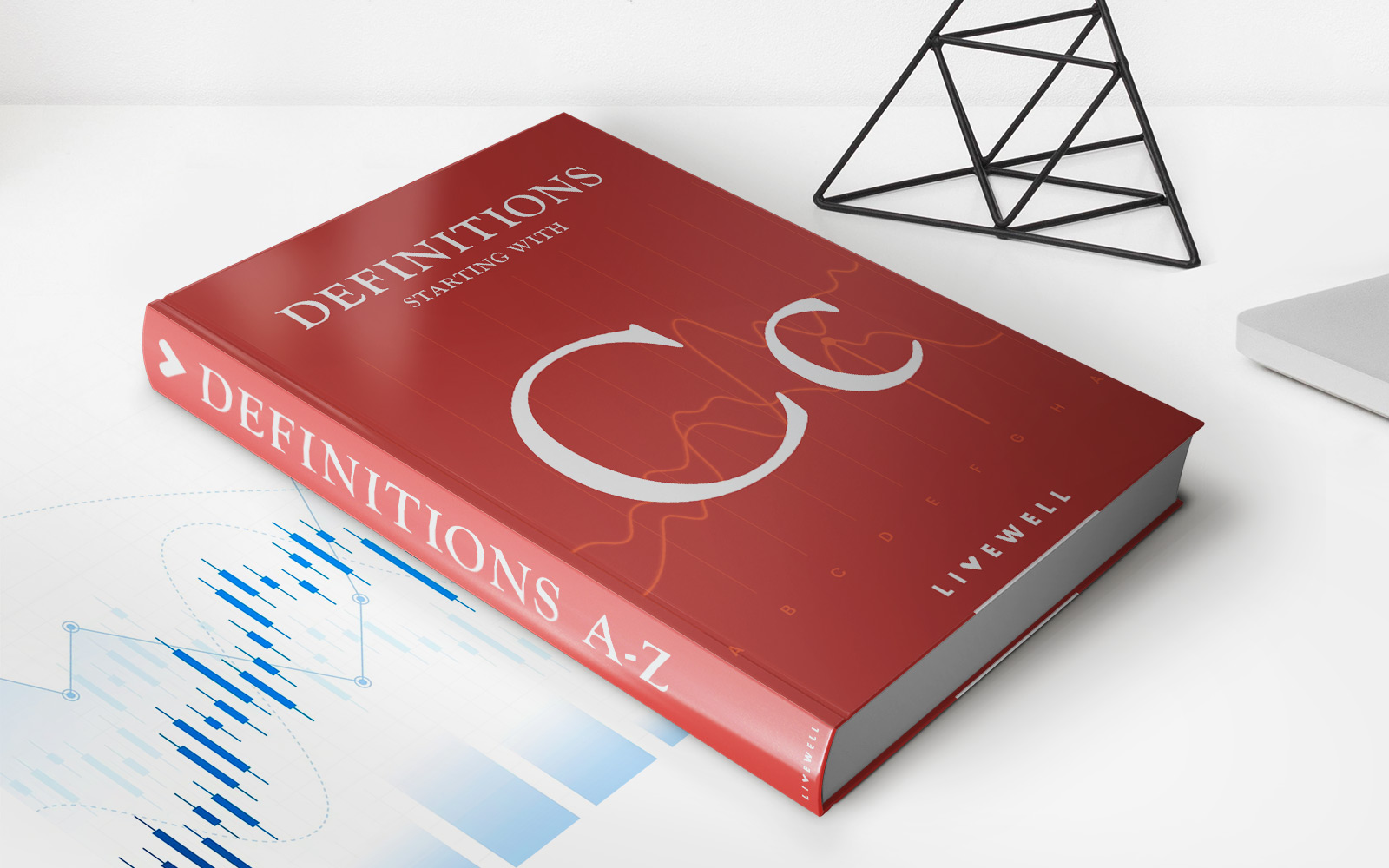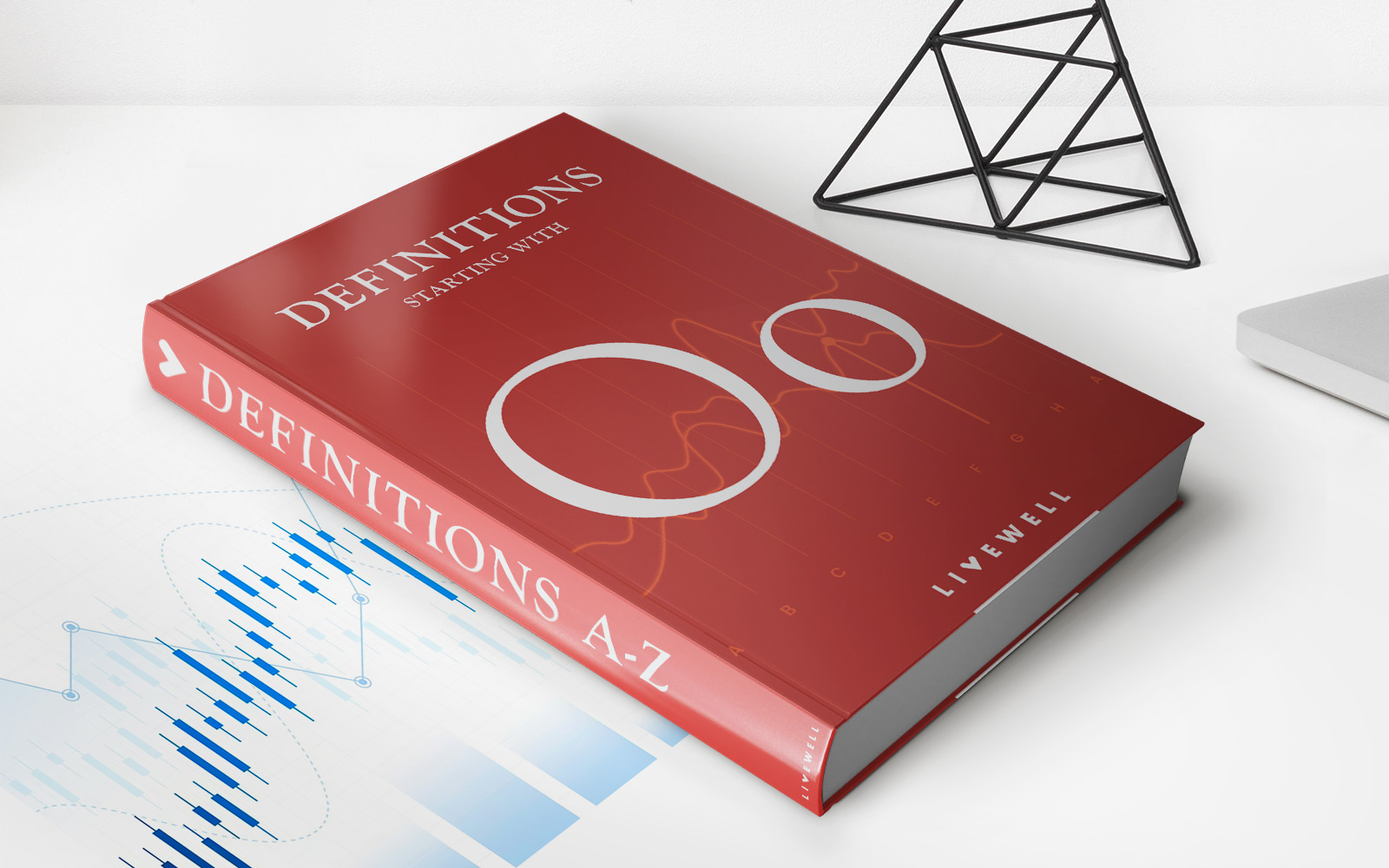Home>Finance>What Is Consumer Credit In Financial Services? Definition, Pros And Cons
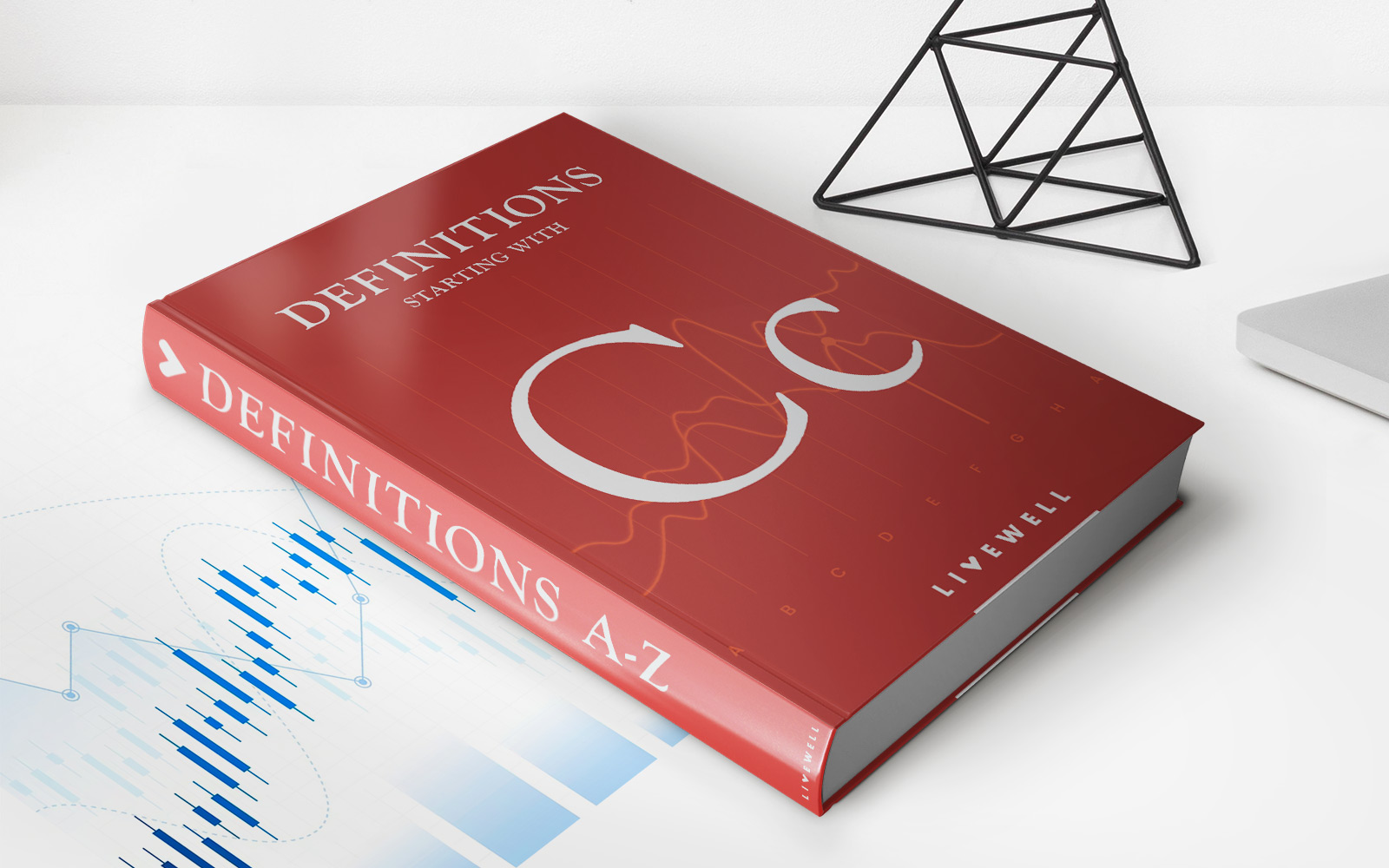

Finance
What Is Consumer Credit In Financial Services? Definition, Pros And Cons
Published: November 1, 2023
Learn about consumer credit in finance, its definition, pros, and cons. Gain insights into the benefits and drawbacks of this financial service.
(Many of the links in this article redirect to a specific reviewed product. Your purchase of these products through affiliate links helps to generate commission for LiveWell, at no extra cost. Learn more)
What Is Consumer Credit in Financial Services? Definition, Pros and Cons
When it comes to managing our finances, we often turn to various sources to fund our needs and wants. One of the key options available to consumers is consumer credit. But what exactly is consumer credit in financial services? In this blog post, we will delve into the definition of consumer credit, explore its pros and cons, and shed light on its significance in the realm of personal finance.
Key Takeaways:
- Consumer credit refers to the borrowing of funds by individuals to finance their immediate needs or future endeavors.
- Some of the pros of consumer credit are increased purchasing power, flexibility, and the ability to build credit history.
- However, consumer credit also comes with potential cons such as high interest rates, debt accumulation, and the risk of financial instability.
What is Consumer Credit?
Consumer credit in financial services encompasses the borrowing of money by individuals from various creditors, such as banks, credit unions, or lending institutions. It allows individuals to purchase goods or services now and pay for them later, often with the addition of interest charges.
Pros of Consumer Credit:
- Increased Purchasing Power: Consumer credit can provide individuals with the ability to make purchases or investments when they don’t have enough cash on hand. This increased purchasing power allows individuals to meet their immediate needs or take advantage of time-sensitive opportunities.
- Flexibility: Consumer credit offers individuals the flexibility to spread out their payments over a period of time. This can ease the burden of large expenses and provide breathing room in one’s budget.
- Building Credit History: Responsible use of consumer credit can help individuals build a positive credit history. This is important for obtaining future loans, mortgages, or credit cards with favorable terms.
Cons of Consumer Credit:
- High Interest Rates: Depending on the type of consumer credit and an individual’s creditworthiness, the interest rates can be quite high. This means that the borrowed funds can end up costing significantly more over time.
- Debt Accumulation: The ease and availability of consumer credit can lead to the accumulation of debt. Without proper financial management, individuals can easily find themselves overwhelmed by multiple credit obligations.
- Risk of Financial Instability: Overreliance on consumer credit and accumulating excessive debt can put individuals at risk of financial instability. Inability to make repayments can lead to damaged credit scores, financial stress, and potential bankruptcy.
In conclusion, consumer credit plays a crucial role in the financial lives of individuals. While it provides immediate purchasing power and flexibility, it also carries risks that must be managed wisely. Taking on consumer credit should be a decision made with caution, considering one’s financial situation and the potential impact on long-term financial stability. By understanding the definition, pros, and cons of consumer credit, you can make informed decisions to enhance your financial well-being.
